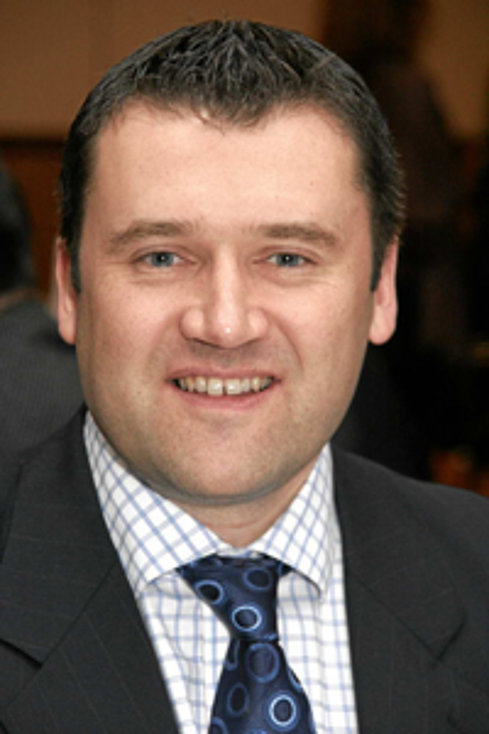2008 Award Winner Dr. Simon Boulton, Cancer Research UK, London Research Institute, UK

Appointment at time of winning the Award
Senior Group Leader, Cancer Research UK, London Research Institute, Clare Hall Laboratories, South Mimms, UK.
Abstract
Our research is focused on the mechanisms that sense and repair DNA damage in cells, with an emphasis on DNA double-strand break (DSB) sensing and repair. DSBs represent a major threat to genome integrity and are predominantly repaired by homologous recombination (HR). Unscheduled or excessive HR can also lead to gross chromosomal rearrangements characteristic of cancer cells, but the mechanisms that restrain HR remain poorly understood. The yeast Srs2 helicase suppress aberrant recombination by disrupting a specific step in HR, however functional homologues are not obviously conserved in higher eukaryotes. We therefore performed a genetic screen in C. elegans to identify putative anti-recombinases functionally analogous to yeast Srs2. This screen identified a novel helicase, RTEL-1 that is conserved from C. elegans to humans. We find that rtel-1 mutant worms and RTEL1 depleted human cells share characteristic phenotypes with yeast srs2 mutants: lethality upon deletion of the sgs1/BLM homologue, hyper-recombination, and DNA damage sensitivity. Biochemical analysis of RTEL1 has revealed that it antagonises HR by promoting the disassembly of D loop recombination intermediates. Since Rtel knockout mice die due to dramatic genome instability and rapid telomere loss and Human RTEL1 is over-expressed in gastric tumours, we propose that loss of HR control following deregulation of RTEL1 may be a critical event that drives genome instability and cancer.
